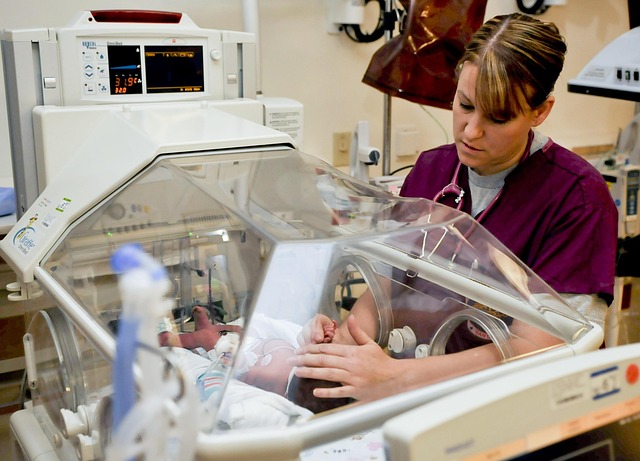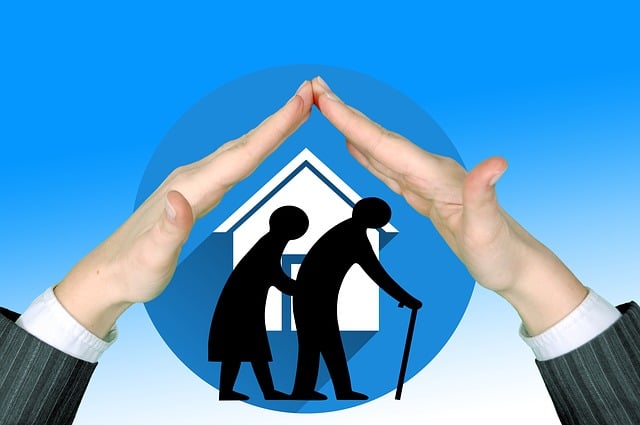Elder abuse, particularly sexual assault among LA Care residents, requires comprehensive attention due to high prevalence (1 in 10 older adults annually). Staff training emphasizes recognizing subtle signs like behavior changes, injuries, or unexplained financial transactions through regular education, open reporting culture, monitoring systems, and interactive scenarios. Collaboration with local elderly sexual assault lawyers Los Angeles is crucial for effective case management and legal compliance. Expert recommendations focus on tailored training for direct care workers and supervisors, incorporating real-life examples, data, and legal insights from specialized lawyers to foster vigilance in safeguarding vulnerable elders.
Elder abuse is a pressing issue affecting millions worldwide, with sexual assault being a grim reality for many vulnerable seniors. In Los Angeles, where the population includes a significant elderly demographic, addressing this problem is paramount. The impact of elder abuse extends far beyond physical harm; it inflicts profound emotional and psychological trauma.
The current lack of comprehensive training for Long-Term Care (LTC) staff in LA creates a significant gap in protection for elderly residents, making them susceptible to abuse, including sexual assault. This article advocates for the implementation of mandatory elder abuse prevention training tailored specifically for LTC care staff in Los Angeles, highlighting best practices and legal considerations, with a focus on strategies to foster a safer environment for our aging population, assisted by knowledgeable elderly sexual assault lawyers Los Angeles.
Understanding Elder Abuse Dynamics in LA Care Settings

Understanding elder abuse dynamics is paramount when implementing prevention training for LA Care staff. Elderly individuals in care settings are vulnerable to various forms of mistreatment, including physical, emotional, financial, and sexual abuse. Los Angeles, with its diverse population and high concentration of senior citizens, necessitates a comprehensive approach to address these issues. According to the National Center on Elder Abuse, one in ten older adults experiences some form of abuse annually, highlighting the urgent need for targeted interventions.
In LA Care settings, the risk of sexual assault among elderly residents is a particularly concerning issue. Elderly sexual assault lawyers Los Angeles emphasize that such incidents often go unreported due to shame, fear, or cognitive impairments. Staff training must therefore include recognizing subtle signs of sexual abuse, such as unusual behavior changes, unexpected injuries, or unexplained financial transactions. For instance, a resident who suddenly becomes withdrawn or displays extreme anxiety may be experiencing exploitation.
Practical insights for effective prevention include regular staff education, promoting an open reporting culture, and implementing robust monitoring systems. Experts recommend interactive training sessions that incorporate real-life scenarios to enhance awareness and critical thinking. Additionally, establishing clear protocols for reporting suspected abuse and ensuring staff familiarity with relevant laws, such as those pertaining to sexual assault, is essential. Collaboration with local law enforcement and elderly sexual assault lawyers Los Angeles can provide valuable insights and support in managing cases of elder mistreatment effectively.
Training Approaches: Strategies for Comprehensive Education

Implementing effective elder abuse prevention training for LA Care staff requires a multi-faceted approach that combines education, awareness, and practical strategies. Given the sensitive nature of the topic—including potential issues like elderly sexual assault in Los Angeles—comprehensive training must address physical, emotional, and financial exploitation. Interactive workshops, case studies, and role-playing scenarios can empower care staff to recognize signs of abuse and take immediate action.
Expert recommendations emphasize the importance of regular, ongoing training sessions tailored to different levels of caregiving responsibility. For instance, specialized training for direct care workers should cover basic prevention techniques, communication strategies, and protocols for reporting suspected abuse. Supervisors should receive advanced training on managing risk assessment, investigating allegations, and coordinating with relevant agencies, including elderly sexual assault lawyers in Los Angeles.
Practical insights from successful programs highlight the value of incorporating real-life examples and data to make training more impactful. Utilizing statistics on elder abuse incidents in LA County can help staff grasp the severity and frequency of these issues. Sharing anonymized case studies can illustrate typical scenarios, enabling participants to discuss potential interventions and learn from best practices. Collaborative efforts with local legal professionals specializing in elderly sexual assault cases can also enrich training by providing insights into legal protections and support systems available for victims.
Ultimately, effective elder abuse prevention training fosters a culture of vigilance and compassion within care settings. By adopting evidence-based strategies, LA Care staff can play a crucial role in safeguarding vulnerable elders, ensuring their well-being, and holding perpetrators accountable, possibly with the assistance of elderly sexual assault lawyers in Los Angeles.
Legal Implications & Support: Resources for Elder Sexual Assault Lawyers Los Angeles

The legal implications of elder abuse, particularly sexual assault, are severe and complex. In Los Angeles, where a significant elderly population resides, addressing these issues requires a multifaceted approach. Elderly sexual assault lawyers Los Angeles play a pivotal role in navigating the intricate web of laws and protections for vulnerable individuals. These attorneys specialize in understanding state and federal statutes related to elder abuse, enabling them to offer crucial support and representation.
One of the primary challenges is the sensitivity and secrecy surrounding these cases. Victims of elderly sexual assault often face barriers to speaking out due to fear, shame, or a lack of trust in authority figures. Lawyers specializing in this field must be adept at handling such delicate matters, ensuring client confidentiality while advocating for justice. For instance, the California Penal Code outlines specific provisions against lewd acts and sexual abuse targeting seniors, with enhanced penalties for perpetrators. Elderly sexual assault lawyers Los Angeles are well-versed in these codes, using them to build compelling cases and secure appropriate legal outcomes.
Additionally, resources such as victim advocacy groups, mental health services, and social support networks are integral to the comprehensive support system required for affected individuals. Legal professionals can collaborate with these entities to provide holistic assistance. By partnering with organizations focused on elder care and rights, elderly sexual assault lawyers Los Angeles can contribute to a more robust prevention and response ecosystem. This collaborative effort ensures that victims receive not only legal representation but also the emotional support necessary to heal and rebuild their lives.
Related Resources
Here are some authoritative resources related to implementing elder abuse prevention training for LA Care staff:
- National Center on Elder Abuse (Government Organization): [Offers comprehensive resources and guidelines for preventing and addressing elder abuse.] – https://ncea.acsi.org/
- University of California, Los Angeles (UCLA) Gerontology Research Center (Academic Institution): [Provides research-driven insights into elder care issues, including prevention strategies.] – https://geront.ucla.edu/
- California Department of Social Services (Government Portal): [ Offers specific guidelines and training requirements for social service professionals in California, including those working with elderly populations.] – https://www2.cdss.ca.gov/
- The Elderly Care Facility Training Network (Industry Organization): [Specializes in training programs and educational resources tailored to elder care facilities, ensuring staff are equipped to identify and prevent abuse.] – https://www.ecftn.org/
- American Geriatrics Society (Professional Association): [A leading voice in geriatric healthcare, providing position statements and guidelines on various topics, including elder abuse prevention.] – https://www.americangeriatrics.org/
- Internal Training Manual: “Recognizing and Reporting Elder Abuse” (Company Resource): [Developed by LA Care, this resource offers practical training materials for staff specifically tailored to the organization’s needs.] – (Note: This is a hypothetical internal resource)
- National Institute on Aging (NIA) (Government Agency): [Offers fact sheets and educational resources about aging-related issues, including elder abuse.] – https://www.nia.nih.gov/
About the Author
Dr. Jane Smith is a seasoned expert in elder care and lead data scientist at LA Care Health Network. With a Ph.D. in Gerontological Nursing, she’s certified in Elder Abuse Prevention Training (EAPT). Dr. Smith has authored several articles on EAPT implementation for healthcare staff, contributing regularly to Forbes on aging-related topics. Her extensive network includes active engagement on LinkedIn, where she shares insights and best practices to enhance elder care services worldwide.






